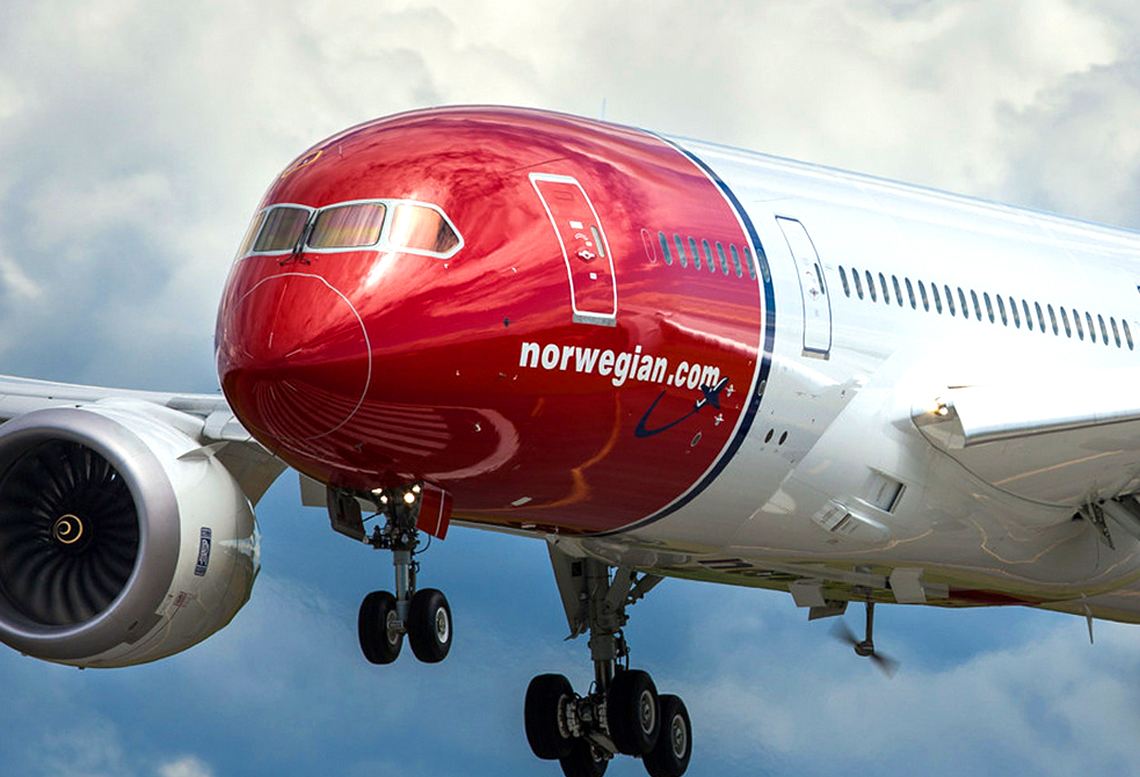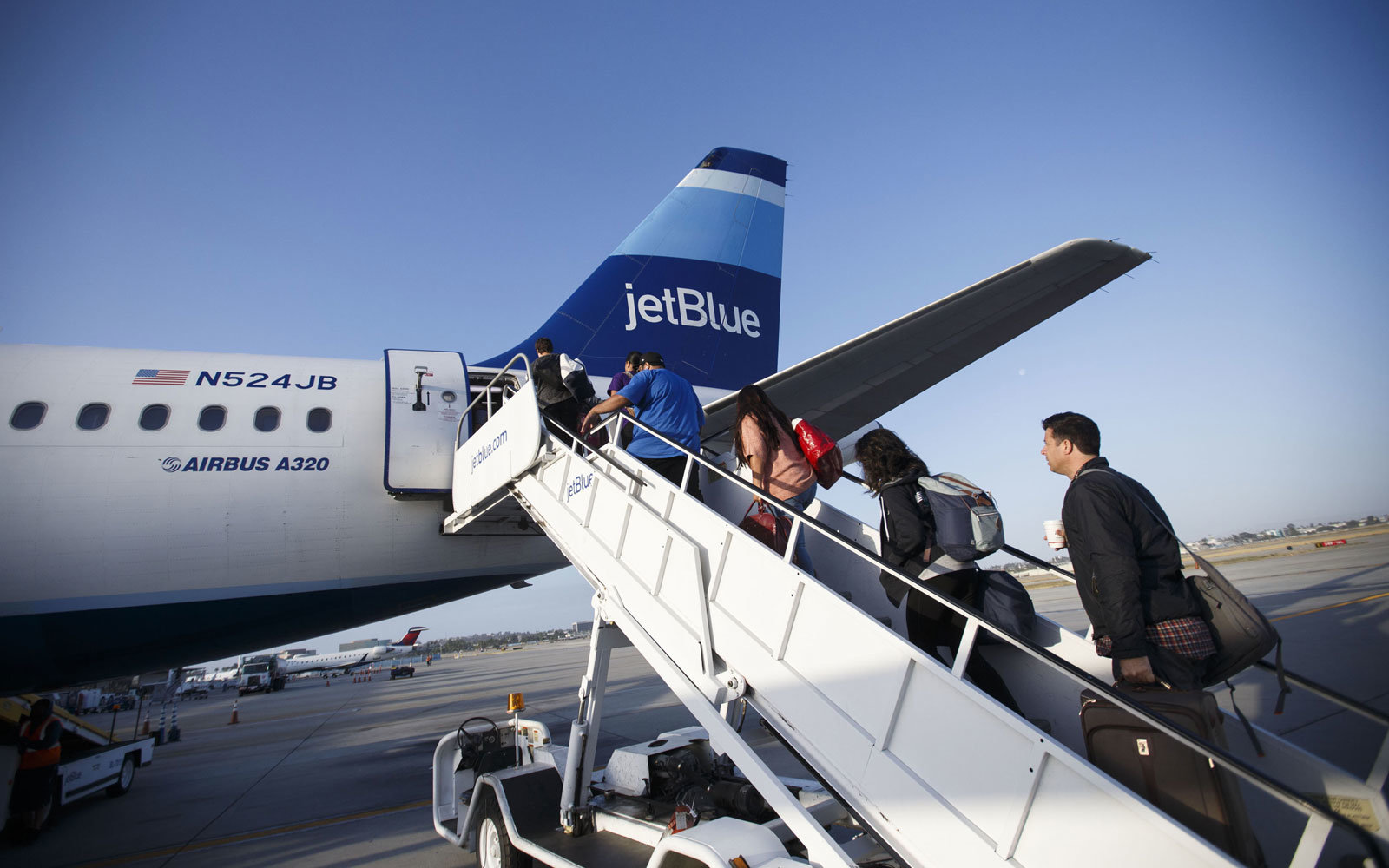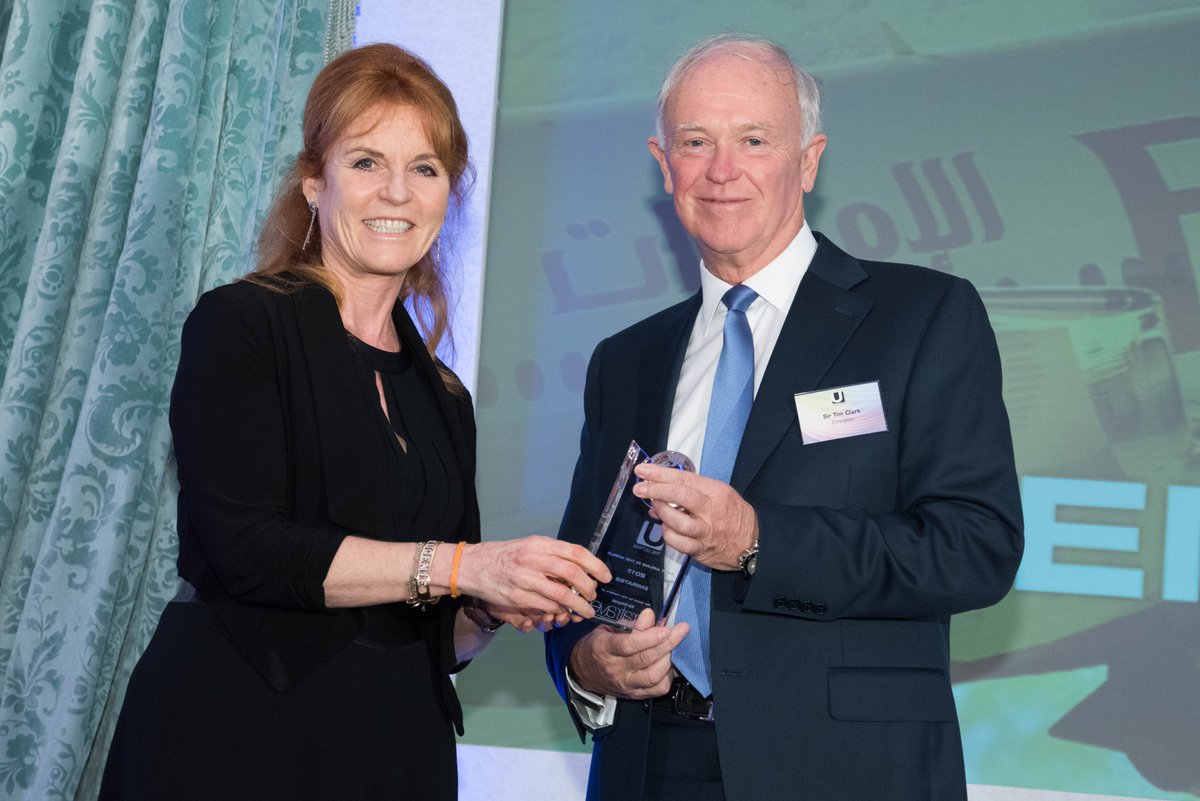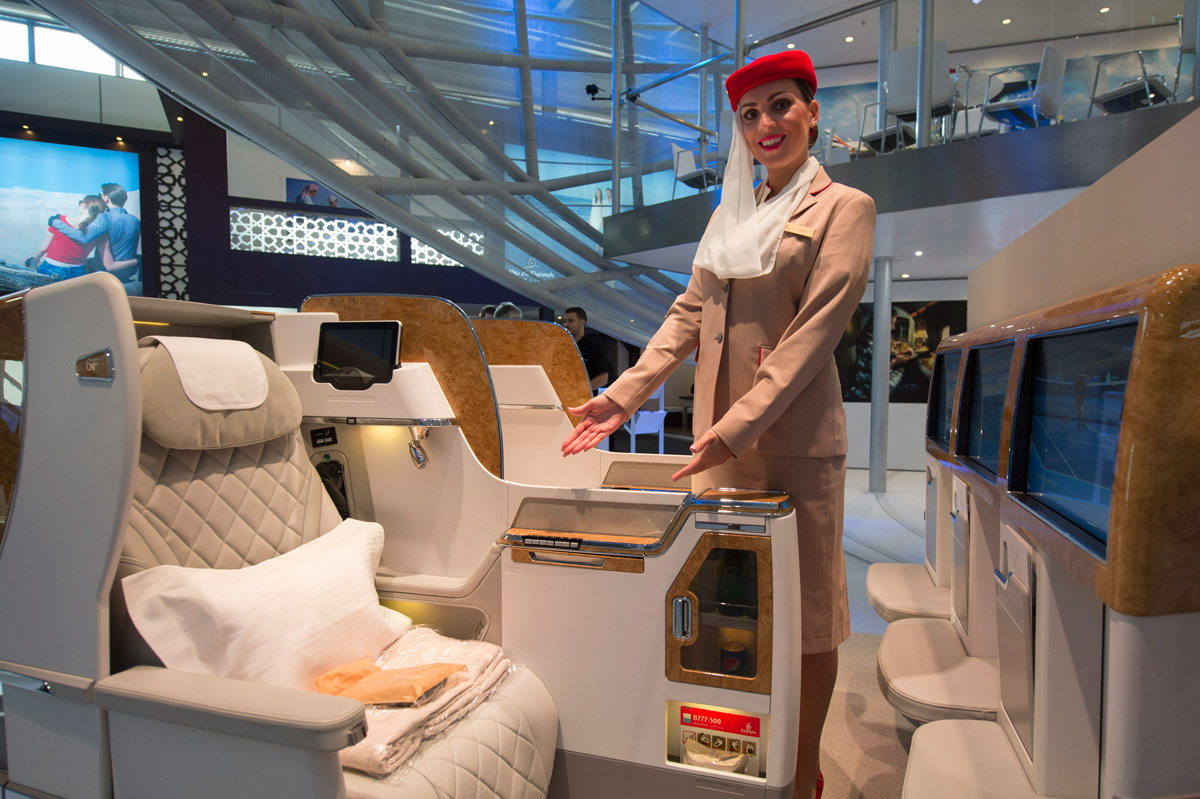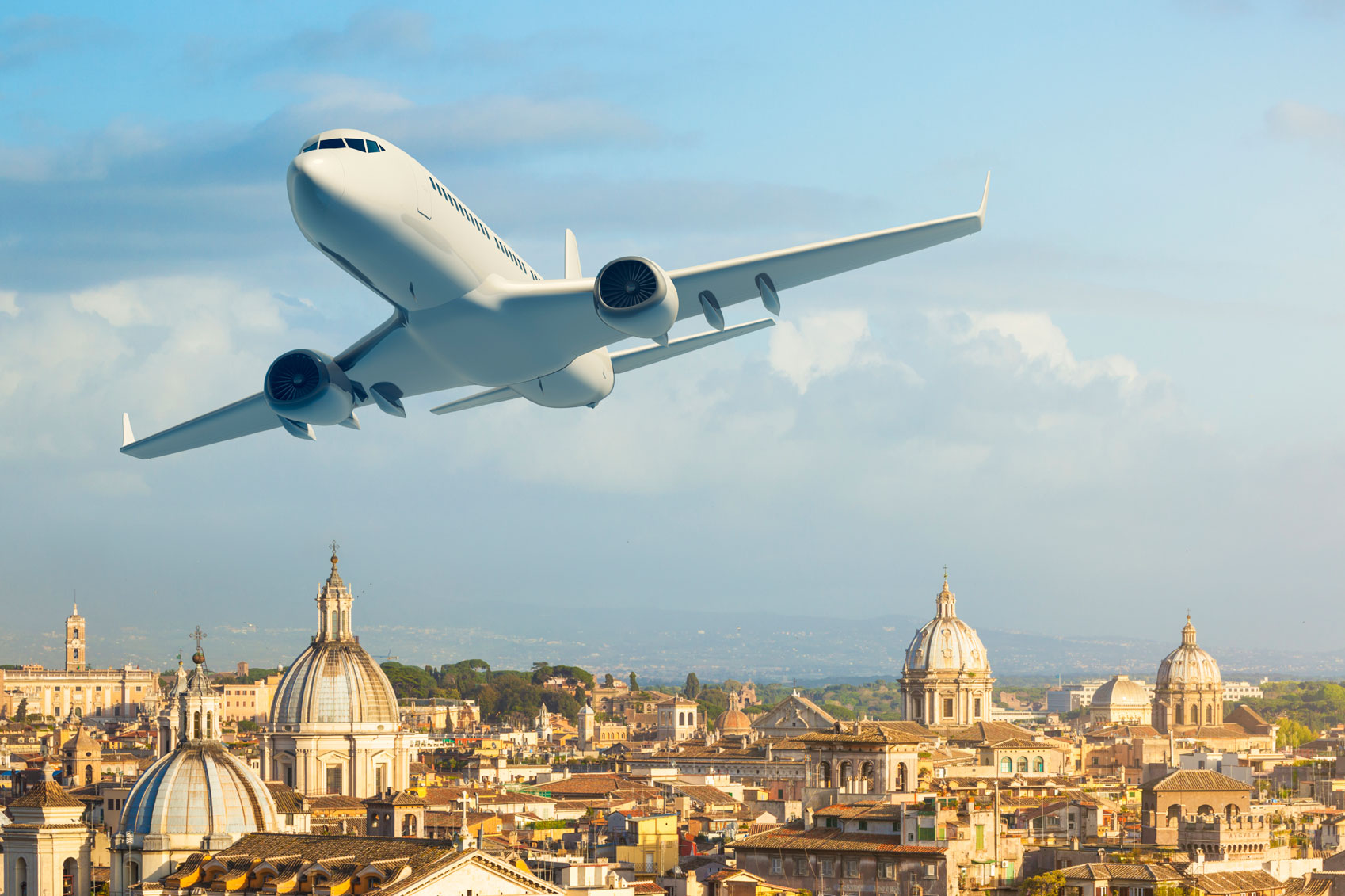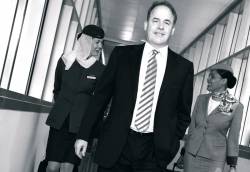 Etihad Airways chief executive James Hogan was speaking at the US Chamber of Commerce Foundation’s 14th Annual Aviation Summit in Washington, DC, today.
Etihad Airways chief executive James Hogan was speaking at the US Chamber of Commerce Foundation’s 14th Annual Aviation Summit in Washington, DC, today.Open Skies has been “a model of success, generating enormous benefits for travellers and for airlines in the US, the UAE and around the world,” said James Hogan, president of Etihad Airways.
In his first public comments since three US airlines launched a campaign against Etihad Airways and other Gulf carriers, Hogan called for reasoned debate based upon facts.
He also warned against action which would restrict competitive choice for millions of US and international air travellers in markets which the US airlines have chosen not to serve.
Hogan’s speech laid out the key facts behind Etihad Airways’ growth and its competitive strategy.
“As one of the newest national airlines anywhere in the world, we’ve had to create everything from scratch: every bit of product, every bit of our operations, every bit of our infrastructure,” he said.
“Etihad is a David, a David who’s been facing Goliaths since 2003, when we started.
“In virtually every market we’ve entered, we’ve had to face existing competitors, with established businesses, established infrastructure, established sales and marketing, established brands, and established customer bases.
“In many cases, those established airlines were gifted amazing infrastructure – airports, terminals, slots, landing rights – over decades.
“To take them on, we’ve had to work harder and we’ve had to work smarter. That’s called competition.
“We’ve been helped by our geographic position.
“The Gulf is at the centre of today’s trade and travel routes.
“Today’s aircraft technology and the changing patterns of world trade mean we are positioned strongly for many new and emerging markets.
“We’ve been helped by our blank sheet of paper – no legacy systems, no legacy aircraft, no legacy mindsets.
“And we’ve been pushed hard by the vision and ambition of our shareholder to create a globally competitive airline.”
Hogan said the ‘secret’ behind Etihad Airways’ rapid growth was nothing more than incredible customer service, delivered on modern new aircraft, with world-leading product, at competitive prices, on routes people want to fly.
He also said that Etihad Airways had been more transparent about its business than other airlines.
“Etihad Airways has had a greater focus on reaching and delivering sustainable profitability – we believe – than any other national airline in history,” he said.
“We set a timetable to break even within a decade and we beat that target.
“We’ve delivered a net profit in each of the last three years.
“I say ‘we believe’ because it is surprisingly hard to find financial information about the first one or two decades of national airlines around the world.
“We get criticised regularly for our so-called lack of transparency but we see few national airlines that were as open in their first stages of development, as we are being in ours.”
As a national airline owned by its government, said Hogan, Etihad Airways is no different than scores of airlines around the world.
The airline has always made clear it has received equity investment and shareholder loans, which have been supplemented by US$ 10.5 billion in loans from international financial institutions.
“Our shareholder believes in our business plan.
“They have increased their commitment as we have developed – they have invested in our success.
“They’ve seen the success we are delivering, both as a business in our own right and as a catalyst for other business, trade and tourism, in Abu Dhabi and the UAE.
“We are now not just an airline but a successful aviation group, incorporating handling, maintenance and distribution capabilities.
“Our shareholder, like any rational shareholder in the world, has made that commitment to us because it expects a return, and as it sees greater success from our business, it sees the opportunity for even greater returns in the future.
“The key word is return.”
Hogan continued by outlining the economic contribution that Etihad Airways delivers to the United States, directly through its daily flights between Abu Dhabi and six US destinations, which the airline serves exclusively, and also through its extensive supply chain partners throughout the country.
“We regard ourselves as a friend of the United States,” he said.
“Certainly, the bonds between the UAE and the USA are incredibly strong, and we believe Etihad Airways has always reflected that in our business operations.
“We are major customers of Boeing, of GE, of Sabre, and of many other American businesses.
“We work with strategic American partners – for example, with Atlas, on developing and improving global cargo operations.
“We work with US financial institutions, with US tourist boards, with US airports.
“Our commitment to the US economy supports more than 200,000 jobs.”
He used the example of the airline’s first Boeing 787 Dreamliner flight into the United States, which started on Sunday from Abu Dhabi to Washington DC.
The aircraft is the second of 71 Dreamliners on order from Boeing, part of total orders of almost 120 aircraft worth more than US$ 36 billion with the American manufacturer.
In addition, he said, Etihad Airways delivered 180,000 travellers onto the networks of US airlines in 2014, and 50,000 in the first two months of 2015.
Hogan finished his speech by saying Open Skies is about customer choice.
“This is ultimately all about consumer choice. Customers choose to fly Etihad Airways because we offer a great product, with outstanding service, on the routes they want to fly, at prices that are competitive within those markets.
“They choose us against many different competitors, depending upon which market we are in.
“But quite honestly, it is very rare that US carriers offer those alternatives. No US carrier flies into Abu Dhabi.
“There are very few US carriers operating to where we do in the Indian sub-continent, in south-east Asia, or in the wider Middle East.
“We make no apologies for offering new competitive choice for air travellers.
“We hope to continue to do so around the world.”


